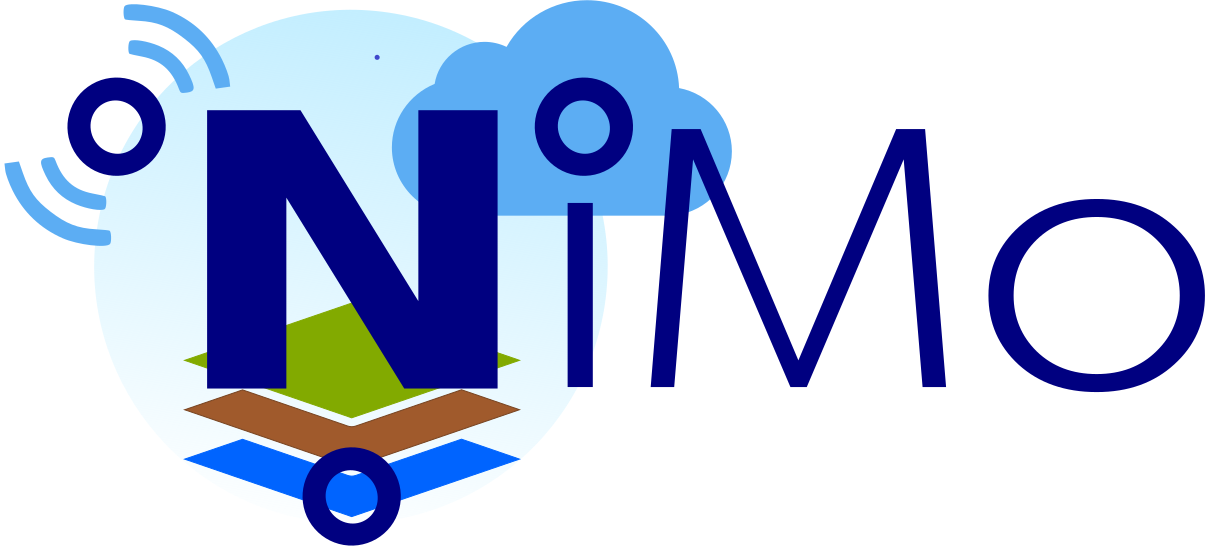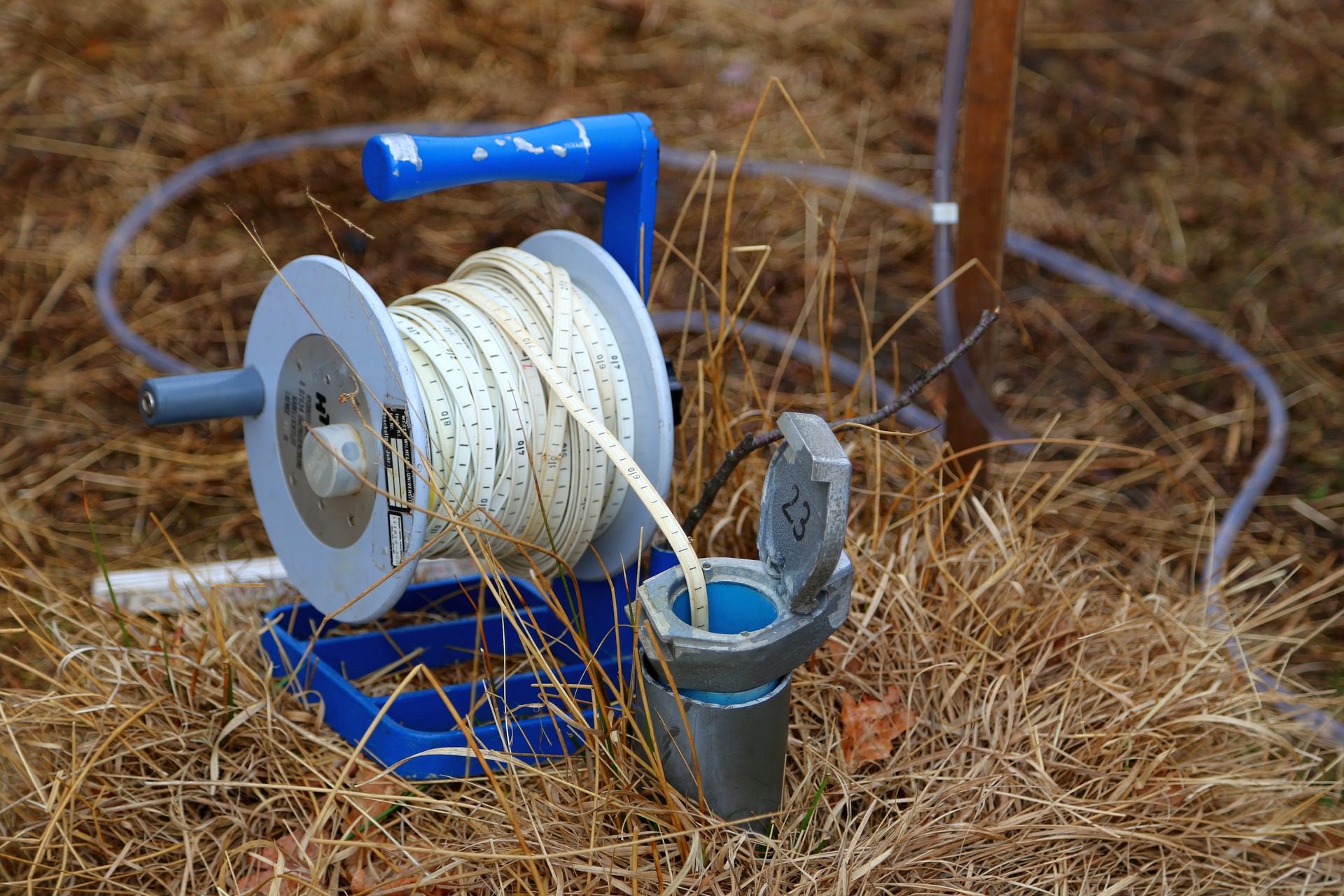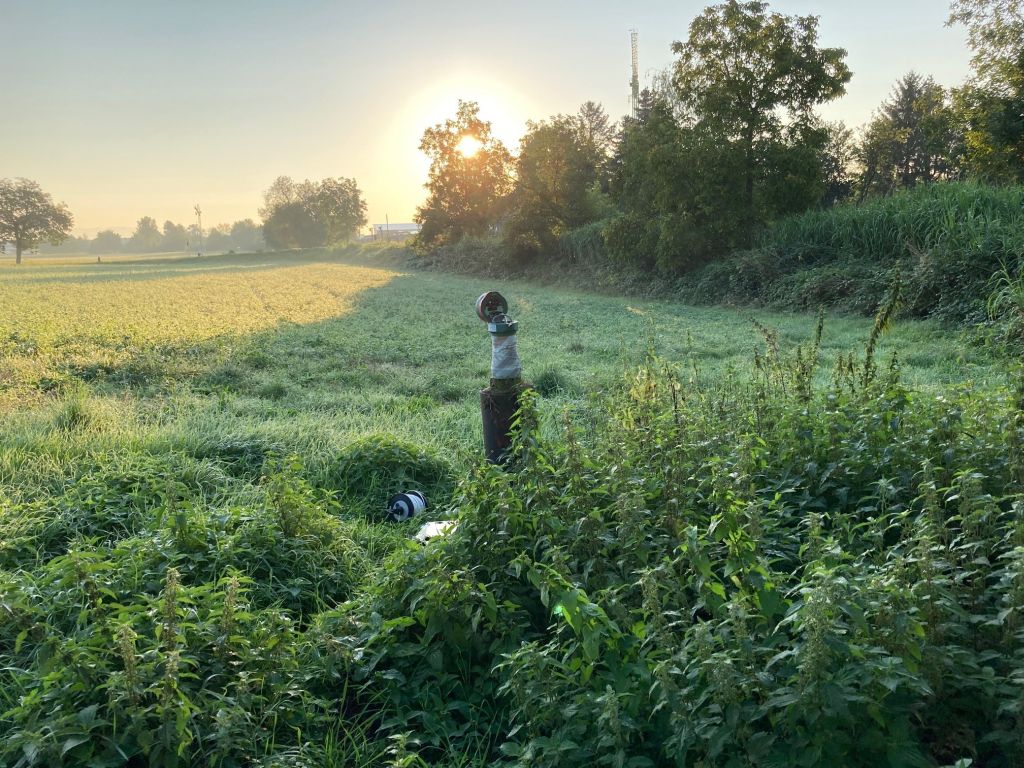The initial situation: What is the ecological challenge?
In Germany, around 70 percent of drinking water requirements are covered by groundwater. However, the condition of groundwater is endangered: in many places there is particularly high nitrate pollution. One reason for this is the fertilisation of surrounding fields with liquid manure or mineral fertilisers. Groundwater protection programmes should have a targeted and local impact. Detailed information and forecasts of nitrate levels are essential for this. Since nitrate is readily soluble in water, however, its share of groundwater varies greatly in space and time and is difficult to measure.
The idea: What concrete contribution can artificial intelligence make?
The project aims to improve the prediction of nitrate in groundwater. This will be achieved by means of Artificial Intelligence (AI) and intelligent support systems based on it, which contribute to the protection of groundwater and thus to the reduction of nitrate. This is done by machine learning methods that predict water quality values based on coarse-meshed measuring networks with spatial precision that is currently possible with conventional methods. Furthermore, recommendations for the optimisation of the monitoring network are obtained, e.g. for sites that are still understaffed. In addition, open data standards are to be further developed in order to improve data collection and evaluation, also for different actors and systems.
Prospect
The approaches developed will be implemented and demonstrated in two pilot regions of importance to water management, the catchment area of the Zweckverband Landeswasserversorgung in Baden-Württemberg and the Wasser- und Abwasser-Zweckverband Niedergrafschaft in Lower Saxony.
The participating project partners have long-standing contacts with environmental agencies at state level and with water suppliers who have pledged their support for the project. The demonstrators in the two pilot regions and the contacts to actors all over Germany should ensure that practical project results can be applied promptly and nationwide after the end of the project. .
 Fraunhofer Institute of Optronics, System Technologies and Image Exploitation IOSB
Fraunhofer Institute of Optronics, System Technologies and Image Exploitation IOSB 

